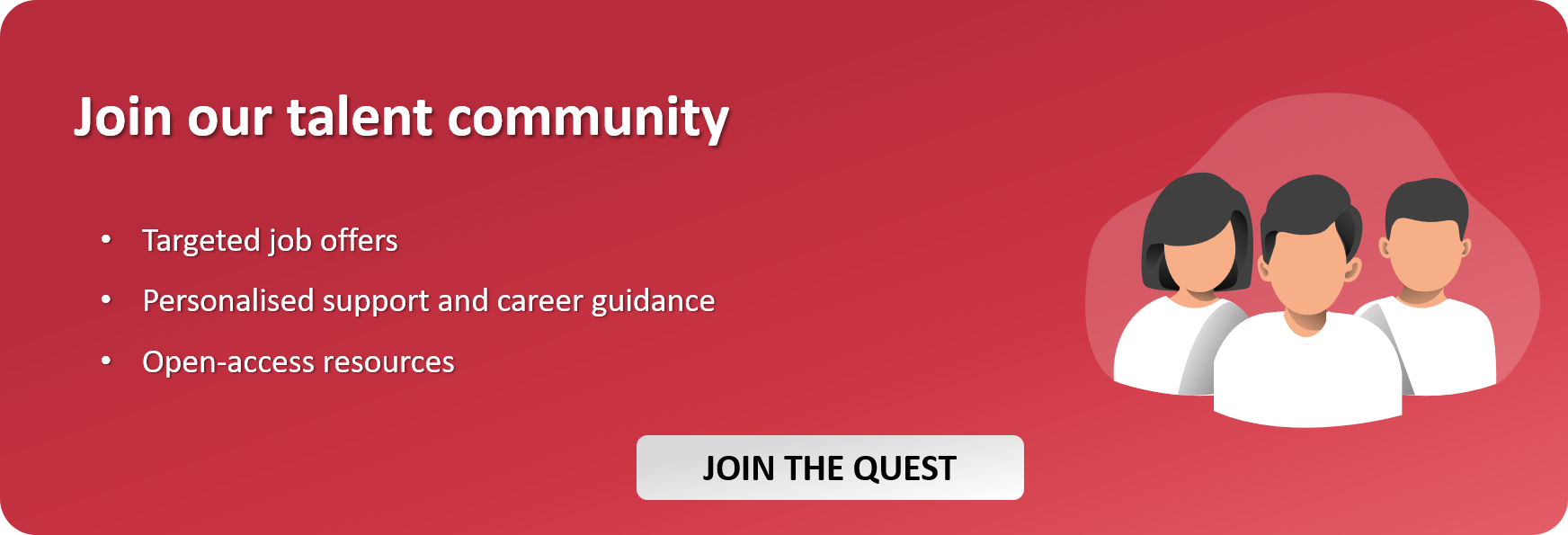Onboarding is the set of actions implemented by the company to integrate its new employees. It corresponds to welcoming and integrating new recruited professionals, as well as investing in their internal career development. We often talk about onboarding for employees, but still little for external resources, such as IT freelancers. And yet, they are often called upon for strategic, long and customer-based assignments. It is important to manage onboarding well, cause a good onboarding system is therefore crucial for the success of their mission! It is therefore important for managing a freelancer to pay particular attention to onboarding.
But how do you properly manage the onboarding of an IT freelancer to get the mission of your tech or IT freelancer off to the best possible start? How to manage onboarding at the beginning of a consultant’s mission?
Discover in our article what are the best practices for managing the onboarding of an IT freelancer.
Why caring about onboarding?
Why take care of the onboarding of IT freelancers? Onboarding management is crucial at the start of a freelancer’s mission. Indeed, setting up a clear internal process can be very beneficial to gain in efficiency and optimize the simultaneous reception of several profiles. As a company, it is essential to establish a clear process for the onboarding of IT freelancers who come to carry out assignments within your company. Because if you have a clear and effective onboarding process, the freelancer will have all the elements in hand to be operational as quickly as possible and start his freelance mission well.
The onboarding of a consultant makes it possible to create a link with the IT freelancer and to lay the foundations for good communication. In addition, the onboarding period makes it possible to ensure that objectives are set and follow-up with the IT freelancer. Finally, the onboarding process will have the effect of involving and retaining the freelancer from the start.
Discover also our article: How to Manage the Offboarding of IT Contractors in 7 Steps !
How to properly manage the onboarding of an IT freelancer?
1. Upstream of the mission
Have you just recruited an IT freelancer? First, to properly manage onboarding, remember to check that the freelancer you have chosen is registered with the Business Formalities Center (CFE) (remember to ask them for a K-bis extract). You must also carry out the control of the obligations of declaration and payment of the social security contributions of the freelancer. Ask for a certificate of vigilance for this. Once these two elements have been verified, you can draft and have the freelancer sign the service contract (or subcontracting if you go through an intermediary). If necessary, you can also provide specific additional contracts such as a confidentiality agreement. Remember at this time to check that the freelancer has the necessary insurance, such as professional liability insurance (RC Pro) which is often essential. Finally define the terms of payment and provide timesheets if necessary.
2. Just before the start of the mission
Just before the start of the mission, it is important to warn all the teams of the arrival of the freelancer. Make sure you explain the scope of the IT professional mission to them. Also make sure to prepare before the arrival of the freelancer the material that will be made available to the new professional in the event that he/she will use the company’s resources. Also ask that their computer access be created prior to their arrival.
It is also a good idea to plan a phone call with the freelancer before the start of their assignment or to send them a comprehensive email with all the useful information for the first day. In fact, if the freelancer comes to work on your premises, it is important to give him/her a certain amount of information such as working hours, what equipment is required or made available. But also what the access or security constraints are, in which department they will be installed and which teams they will have to interact with. Communicating all these elements to the freelancer before he/she arrives will allow a more serenely at start at your company.
3. Ensure the onboarding of the freelancer on the first day of the mission
On the first day of the mission, it is important to give the freelancer a program for his or her first week. You should also give him/her all the materials he/she will need (computer, access badge, etc.). Plan a briefing with the freelancer on company culture, rules, team organization… Also give the freelancer all the technical documentation he needs for his mission from day one. Finally, introduce the freelancer to the whole team. This is necessary to get the consultant’s mission off to a good start.
4. The days following the first day of freelancing
The days following the first day of the start of the freelance mission, organize an individual interview with him/her to set the objectives. Also remember to organize contacts with the key interlocutors for its mission. Throughout the onboarding period, encourage the freelancer to ask as many questions as possible. To improve contact you can also plan a lunch with the freelancer if possible.
5. And after the onboarding of the freelancer?
At the end of the freelance onboarding period, start taking stock. In some cases, especially if the project is still at the ideation stage, a few days of audit may be necessary to allow the consultant to better understand all the parameters and then participate in the scoping. Then set up at this time the framework for monitoring the mission (reporting, weekly, monthly meetings, etc.). Remember to ask the freelancer for his/her feedback about the onboarding to make sure he or she has all the keys in hand. But also to improve this process with a view to integrating future freelancers.
You can also read 5 Simple Steps to Effective IT Offboarding
The expert opinion of Thomas Delfort, former DSI and co-founder of Mindquest:
 “As for a recruitment of a CDI type profile, the onboarding process of an independent consultant within a tech or IT team is extremely important. A well-executed welcome will allow a quick and efficient handling of the subjects. The goal is for the freelancer to be operational as quickly as possible, and to be in optimal conditions to be efficient in his mission.”
“As for a recruitment of a CDI type profile, the onboarding process of an independent consultant within a tech or IT team is extremely important. A well-executed welcome will allow a quick and efficient handling of the subjects. The goal is for the freelancer to be operational as quickly as possible, and to be in optimal conditions to be efficient in his mission.”
Do you know that the offboarding of an IT consultant is just as important as their onboarding? Indeed, companies are generally concerned with taking care of the onboarding of their employees, but sometimes neglect the last step. The stage where the employee leaves the company for new professional opportunities. Find out why it is important to take care of the offboarding of your IT consultant. But also how to properly manage the offboarding of an IT consultant in 7 steps.
Join our community and find your next job or expert in IT

















